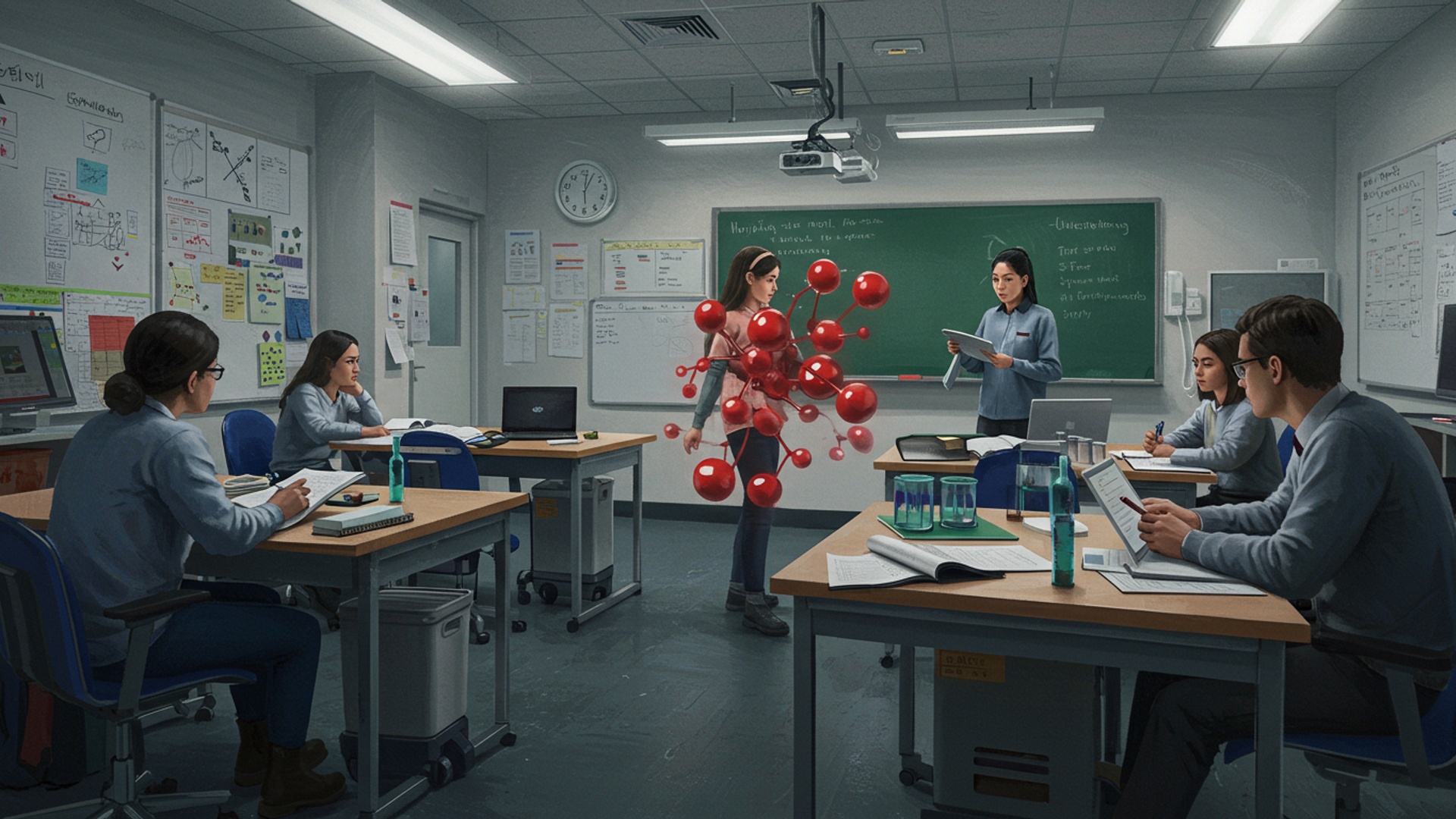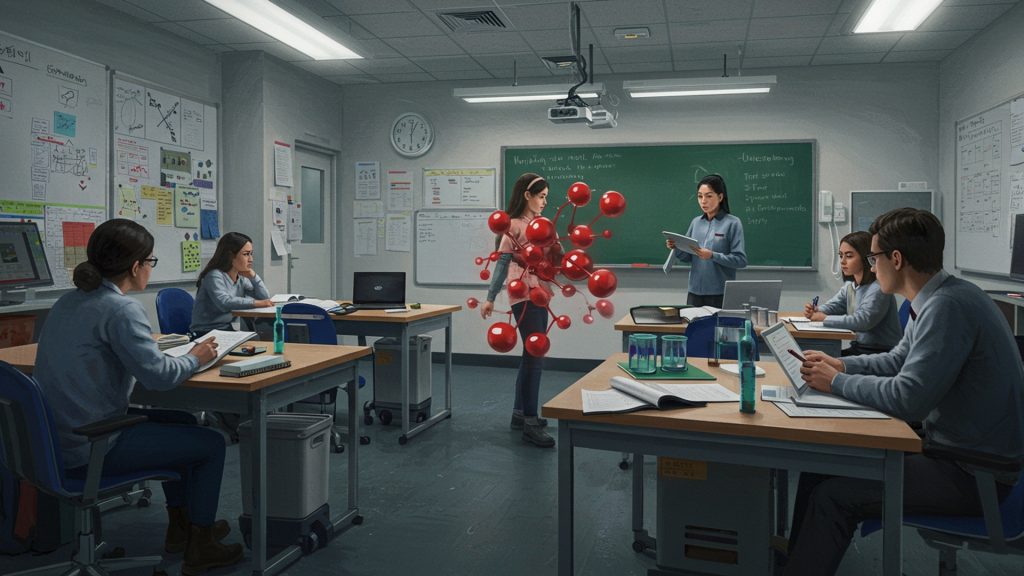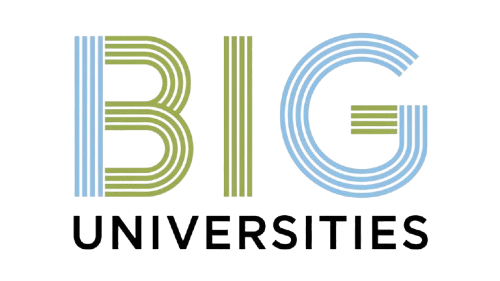The rapid acceleration of biotechnology, exemplified by breakthroughs like CRISPR gene editing, thrusts humanity into unprecedented ethical territory. While promising cures for genetic diseases and enhancing agricultural yields, these innovations simultaneously raise profound questions about human alteration, equitable access. unintended ecological impacts. The ability to precisely modify genomes, even to address conditions like sickle cell anemia or develop disease-resistant crops, opens a Pandora’s box of considerations regarding designer babies, germline editing. the potential for exacerbating societal inequalities. Navigating this intricate landscape demands a clear understanding of the moral responsibilities accompanying such transformative power.

What is Biotechnology? A Simple Introduction
At its core, biotechnology is the use of living organisms, or parts of living organisms, to develop new products or processes. This isn’t a new concept; humans have been using biotechnology for thousands of years, from brewing beer with yeast to cultivating specific crops for better yields. What makes modern biotechnology revolutionary is our ability to work at the molecular and cellular level, directly manipulating the genetic material of life itself. Think of it as moving from simply breeding better dogs to being able to precisely edit a dog’s genes to prevent a specific disease.
Today, biotechnology encompasses a vast array of fields, including genetic engineering, synthetic biology, bioinformatics. the development of new medicines and diagnostics. From designing drought-resistant crops to creating life-saving vaccines, its potential for good is immense. But, with this incredible power comes profound responsibility. Understanding the ethical implications of biotechnology is crucial, as the decisions we make today will shape our future.
Gene Editing: Power and Peril
One of the most talked-about areas in modern biotechnology is gene editing, particularly technologies like CRISPR (Clustered Regularly Interspaced Short Palindromic Repeats). Imagine having the ability to precisely cut and paste sections of DNA, correcting genetic “typos” that cause diseases like cystic fibrosis or Huntington’s. CRISPR has revolutionized research and holds immense promise for treating debilitating conditions.
While the potential for curing genetic diseases is transformative, gene editing also introduces complex ethical dilemmas:
- “Designer Babies” and Eugenics Concerns: If we can edit genes to cure diseases, what about editing for “enhancement” – making children smarter, stronger, or more aesthetically pleasing? This raises fears of a new form of eugenics, where genetic advantages become accessible only to the wealthy, deepening societal divides.
- Germline vs. Somatic Editing: Editing somatic cells (non-reproductive cells) affects only the treated individual. But, germline editing (editing sperm, egg, or embryo cells) changes genes that would be passed down to future generations. This raises concerns about unforeseen, irreversible effects on the human gene pool. The scientific community largely agrees that germline editing for reproductive purposes is currently irresponsible, as highlighted by the international outcry following the case of Chinese scientist He Jiankui, who claimed to have created the first gene-edited babies in 2018.
- Unintended Consequences: Despite their precision, gene-editing tools are not perfect. Off-target edits could have unknown, potentially harmful effects.
The ethical implications of biotechnology, particularly gene editing, demand careful consideration and robust public discourse to ensure responsible innovation.
Reproductive Technologies: Crafting Life, Crafting Questions
Biotechnology has also profoundly impacted human reproduction, offering hope to millions struggling with infertility. Technologies like In Vitro Fertilization (IVF), surrogacy. Preimplantation Genetic Diagnosis (PGD) have become increasingly common.
- IVF (In Vitro Fertilization): Fertilizing eggs with sperm outside the body, then implanting the embryo into the uterus.
- PGD (Preimplantation Genetic Diagnosis): Screening embryos created via IVF for specific genetic conditions (e. g. , cystic fibrosis, Huntington’s disease) before implantation. This allows prospective parents to select embryos free of certain inherited disorders.
While these technologies help create families, they also open doors to significant ethical debates:
- The Status of Embryos: When does life begin? Is an embryo a person? What are the ethical guidelines for research on embryos, or for discarding unused embryos? Different religious and philosophical viewpoints offer vastly different answers.
- Selection for Desirable Traits: PGD allows for the selection against serious diseases. But what if parents want to select for non-medical traits like sex, eye color, or even predispositions to athletic ability? This blurs the line between preventing disease and creating “designer children,” echoing eugenics concerns.
- Commercialization of Reproduction: The rise of commercial surrogacy and egg donation raises questions about exploitation, especially for women in vulnerable economic situations. Is it ethical to put a price on the creation of life?
These are not simple questions. societies worldwide grapple with how to regulate these powerful tools while respecting individual autonomy and preventing harm.
Synthetic Biology and Artificial Life: Playing Creator?
Synthetic biology takes biotechnology a step further, focusing on designing and building new biological parts, devices. systems, or redesigning existing natural biological systems for useful purposes. Instead of just editing existing life, synthetic biologists aim to create novel forms of life from scratch. Imagine engineering bacteria to produce biofuels, developing new ways to detect diseases, or even creating entirely new organisms with specific functions.
This field, though nascent, brings its own set of profound ethical implications of biotechnology:
- Defining “Life”: If we can build a self-replicating organism from synthetic DNA, what does that mean for our understanding of life itself? Are we playing God?
- Environmental Risks: Releasing novel organisms, even those designed for beneficial purposes, into the environment could have unpredictable and potentially harmful ecological consequences if they escape their intended containment.
- Potential for Misuse (Bioweapons): The same tools that allow us to engineer beneficial organisms could theoretically be used to create highly virulent pathogens or biological weapons, posing significant security risks.
- Intellectual Property and Ownership: Who owns a newly created synthetic organism or a synthetic gene sequence? The legal and ethical frameworks around intellectual property in synthetic biology are still evolving.
As with atomic energy, the dual-use potential of synthetic biology—its capacity for both immense good and catastrophic harm—requires robust ethical oversight and international collaboration.
Data, Privacy. Ownership in the Biotech Age
Modern biotechnology, particularly genomics and personalized medicine, generates enormous amounts of highly sensitive personal data. Your genetic code, health records. even microbiome data can be collected, analyzed. shared. While this data is invaluable for scientific research, disease prevention. tailored treatments, it also presents significant ethical challenges.
- Privacy and Security: How is your genetic data protected from breaches? Who has access to it? Unlike a credit card number, your DNA is immutable – if it’s compromised, you can’t just get a new one.
- Discrimination: Could genetic predispositions to certain diseases lead to discrimination in employment, insurance, or even social interactions? For example, if an employer knows you have a gene associated with a particular health risk, could that affect hiring decisions? The Genetic data Nondiscrimination Act (GINA) in the U. S. aims to prevent this. similar protections are not universal globally.
- Ownership of Genetic data: Do you “own” your genetic data? If a company sequences your genome and discovers a valuable drug target, do you have a right to a share of the profits? The famous case of Henrietta Lacks, whose cells were used without her consent for groundbreaking medical research, highlights the long-standing ethical issues around biological material ownership.
- Commercial Exploitation: Genetic testing companies often collect vast amounts of consumer data. While this can advance research, how transparent are they about data sharing with pharmaceutical companies or other third parties?
Navigating the ethical implications of biotechnology in the realm of data requires robust legal frameworks, transparent data governance. public education to empower individuals to make informed choices about their genetic details.
Equitable Access and Global Justice
The promise of biotechnology often comes with a hefty price tag. Many advanced biotech therapies, from gene therapies for rare diseases to personalized cancer treatments, are incredibly expensive. This raises fundamental questions about equitable access and global justice.
- Exacerbating Health Disparities: If life-saving or life-enhancing biotechnologies are only affordable to the wealthy, it could dramatically widen the health gap between rich and poor individuals and nations. This isn’t just about fairness; it’s about potentially creating a “two-tiered” health system where access to cutting-edge medicine is a luxury, not a right.
- Biocolonialism: Concerns arise when researchers from wealthy nations collect genetic material or traditional knowledge from indigenous populations or developing countries without equitable benefit-sharing or true informed consent. This can perpetuate historical patterns of exploitation.
- Who Decides What Gets Developed? The focus of biotech research is often driven by market forces and the health needs of affluent populations. Are we neglecting diseases that primarily affect poorer regions because there’s less profit incentive?
Addressing these ethical implications of biotechnology requires global cooperation, innovative funding models. a commitment to ensuring that the benefits of scientific progress are shared broadly and justly, rather than becoming exclusive privileges.
Navigating the Future: Towards Responsible Innovation
The moral maze of biotechnology is complex, with no easy answers. The rapid pace of scientific discovery often outstrips our ability to establish robust ethical and regulatory frameworks. So, how do we navigate this future responsibly?
- Open Public Discourse: It’s essential for scientists, ethicists, policymakers. the general public to engage in honest and informed conversations about the potential benefits and risks of new technologies. We need to move beyond sensationalism and foster a deeper understanding.
- Robust Regulation and Oversight: Governments and international bodies must develop agile, evidence-based regulations that protect individuals and society without stifling innovation. This often involves establishing independent ethical review boards and clear guidelines for research and application.
- Ethical Frameworks: Developing and adhering to shared ethical principles, such as beneficence (doing good), non-maleficence (doing no harm), justice (fairness). respect for autonomy (individual choice), can guide decision-making.
- Interdisciplinary Collaboration: Addressing the Ethical implications of biotechnology is not solely a job for scientists. It requires collaboration between biologists, medical professionals, ethicists, sociologists, legal experts, philosophers. even artists to fully grasp the societal impact of these powerful tools.
- Education: Empowering individuals with a basic understanding of biotechnology helps them critically evaluate insights, participate in public discussions. make informed personal choices about their health and genetic data.
Ultimately, the goal is not to halt scientific progress but to steer it in a direction that maximizes its benefits for all of humanity while minimizing potential harms. It’s a continuous journey of learning, adapting. making difficult ethical choices for a better, more just future.
Conclusion
Navigating biotechnology’s ethical landscape is less about finding single, definitive answers and more about cultivating thoughtful, continuous engagement. We’ve explored how advancements like personalized CRISPR therapies challenge our very definitions of health and fairness, while the rise of synthetic biology compels us to consider profound ecological responsibilities. My own journey through this intricate maze has taught me that simply dismissing these powerful technologies is a disservice; instead, we must actively participate in shaping their trajectory. Therefore, I encourage you to remain intensely curious and always question the ‘how’ and ‘why’ behind new biotech innovations. Don’t merely skim headlines; delve into the nuances of gene editing for disease prevention versus enhancement, or the equitable distribution of novel mRNA vaccines. Engage with diverse perspectives—from scientists and ethicists to policymakers and the broader public. Remember, our collective future depends on our shared moral compass guiding these powerful tools. Embrace this vital, ongoing conversation, for within it lies the potential to shape a responsible, inclusive. truly transformative biotech era.
More Articles
CRISPR and Beyond: Exploring the Ethical Concerns of Genetic Engineering Today
Navigating the Morals: Understanding Biotechnology’s Ethical Dilemmas and Future Debates
Green Revolution or Risk? The Environmental Impact of Genetic Engineering Explained
Unlocking the Future: A Simple Guide to What Biotechnology Truly Means Today
Beyond the Lab: How Biotechnology Impacts Your Everyday Life Explained
FAQs
What’s the big deal about biotechnology and ethics?
It’s all about figuring out the right and wrong ways to use incredibly powerful new biotech tools. We’re talking about things like changing genes, creating new life forms, or making super-advanced medicines. deciding where to draw the line so we benefit humanity without causing harm or creating new problems.
Is gene editing always a good thing, or are there risks?
Gene editing, like CRISPR, holds incredible promise for curing diseases. it’s a double-edged sword. The main ethical debate revolves around using it to treat serious illnesses versus potentially ‘enhancing’ human traits, which raises concerns about inequality, unintended consequences. what it means to be human.
What’s the fuss about ‘designer babies’?
‘Designer babies’ refers to the idea of using gene editing to choose specific traits for a child, beyond just preventing diseases. Ethicists worry about this leading to a new form of social inequality, where only the wealthy can afford ‘enhanced’ children. the potential for a slippery slope towards eugenics.
How does biotechnology relate to my privacy?
As genetic testing becomes more common, there’s a growing concern about who has access to your genetic data and how it might be used. This includes worries about discrimination by employers or insurance companies, or even genetic data being used in ways you didn’t agree to.
What about fairness? Can everyone access these amazing new treatments?
That’s a huge ethical question. Many cutting-edge biotech treatments are incredibly expensive. This raises concerns about equitable access to healthcare, ensuring these life-changing therapies aren’t just for the wealthy. how societies will decide who gets them if resources are limited.
Are animals treated ethically in biotech research?
Animal welfare is a significant concern. While animals are often crucial for testing new therapies and understanding biology, ethicists emphasize the ‘3 Rs’: Reduce (number of animals), Refine (methods to minimize suffering). Replace (animal use with alternatives where possible). The goal is to balance scientific progress with compassion.
Who gets to decide what’s ethically okay in biotechnology?
It’s a complex mix of people and groups! Scientists, ethicists, doctors, policymakers, legal experts. the public all have a role. There are often national and international guidelines and review boards. ultimately, it requires ongoing societal dialogue and reflection to navigate these rapidly evolving challenges.


